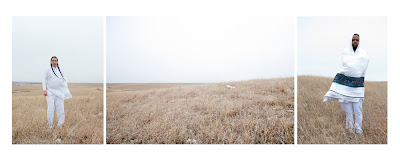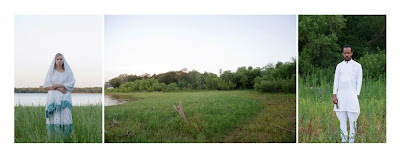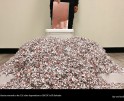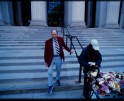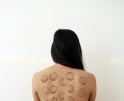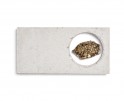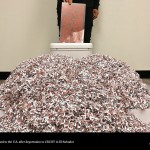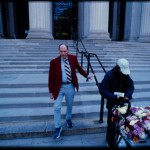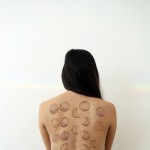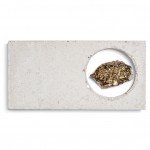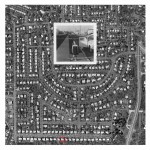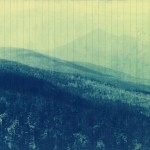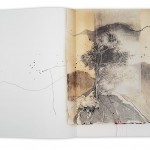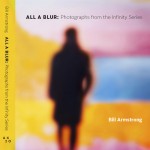Eyakem Gulilat
The saying, home is where the heart is, is not necessarily true. Home is where we connect to our identities and feel rooted to the world. The question is, is it where we come from or where we are are now? And what if we live in a place that doesn’t reflect the way we look, our influences, or culture? Eyakem Gulilat was born in Ethiopia and raised in Kenya until his family moved to the US in 1996 right after he finished high school. Eyakem’s family came through the Diversity Immigrant Visa Program, a congressionally mandated program which draws up to 55,000 diversity visas annually from a random selection of individuals who meet strict eligibility requirements and who are from countries with low rates of immigration to the U.S. Since his arrival, he has lived in Michigan, Texas and Oklahoma. “I do not identify any of these places as my home; essentially I am a nomad.”
The pulitzer prize winning photographer from South Africa, Kevin Carter had a profound impact on on Eyakem, specifically his photo of the starving Sudanese girl. He was inspired to become a photojournalist with hopes of telling other people’s stories and recieved his undergraduate degree in Photojournalism and Art, Abilene Christian University, Abilene, Texas. “Since then I have broadened my perspective and now embrace photography as an expressive art form. ” He recieved his MFA in Media Art/Photography, University of Oklahoma, Norman, Oklahoma.
Oklahoma is a long was from Ethiopia and this great divide of cultures, landscape, and miles is what Eyakem is exploring with his work and search for self. I am featuring two series, Collaborative Self and My Ethiopian American Self.
Collaborative Self: Photography has been used as a primary tool to document the American West as early as the 19th century; I am using this century old method to explore my presence in America as a “newcomer.” As an Ethiopian Immigrant residing in Oklahoma I choose to explore the landscape its inhabitants and my own Ethiopian identity. The result is a collaborative triptych which blurs the boundaries between American and Ethiopian, photographer and subject.
Posts on Lenscratch may not be reproduced without the permission of the Lenscratch staff and the photographer.
Recommended
-
Margo Ovcharenko: OvertimeJanuary 27th, 2026
-
Yumi Janairo Roth: EFFIGY 1462January 20th, 2026
-
Nathan Bolton in Conversation with Douglas BreaultJanuary 3rd, 2026
-
Salua Ares: Absense as FormNovember 29th, 2025


